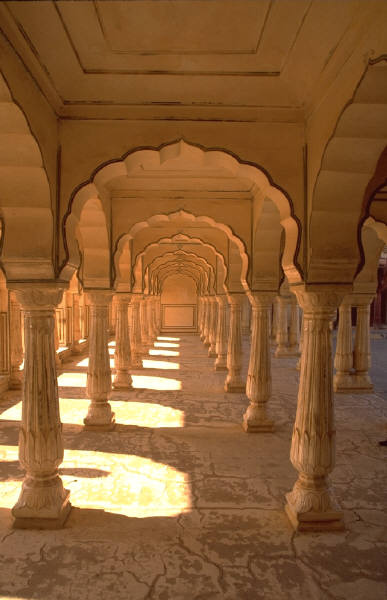LITR 5734:
Colonial & Postcolonial Literature

Student Poetry Presentation 2008
Thursday, 31 January: Conclude Heart of Darkness (54-76; complete); begin Achebe, Things Fall Apart (1-51; through chapter 6).
· Poetry reading: W. B. Yeats, “The Second Coming”
reader: Danielle Lynch
D. Lynch
Yeats’s "The Second Coming"
This poem, I believe, speaks to us with two agendas. First, there is the matter
of the “falcon [who] cannot here the falconer,” and the “widening gyre.” I
believe Yeats is referring to God and our simple existence — God being the
Falconer (or creator) and the Falcon being the humans.
Later he mentions a “revelation” that’s near and the second coming. Surely those images conjure up The Bible’s Book of Revelations and the end of the world, as we know it.
But — considering the context in which we’re reading the poem, it could be said
that Yeats is commenting on the decline of Western Civilization. The imperialist
nature of much of the Western world led them to colonize various parts of
Africa.
Point to ponder: The poem also mentions the line “Things fall apart,” also the
title of Achebe’s novel — his comment on post colonialism. Could the title of
this novel be taken from Yeats’s poem?
There are several images in the poem that lead us to believe Yeats is discussing
the Western World’s relationship with these colonized nations. For example,
Yeats mentions the “sands of a desert: and a lion with the head of a man — lions
being found in Africa. However, I believe that with these images he’s noting
that the “civilized” are becoming “savage.”
Yeats notes that the world cannot survive like this. In fact, toward the end of
the poem, he mentions the lion reeling up as “darkness drops again” — darkness
being the Africans. He mentions this lion moving slowly and “its hour com[ing]
round at last, slouch[ing] toward Bethlehem to be born.” I believe Yeats is
saying that the “savage” will rise up and the reference to Bethlehem is
obviously to that of Christ — or a savior’s — birth.
… Or I could be wrong.
Read about Yeats here:
http://nobelprize.org/nobel_prizes/literature/laureates/1923/yeats-bio.html
|
|
|
|
